Abortion, Choice, and Contemporary Fiction: The Armageddon of the Maternal Instinct
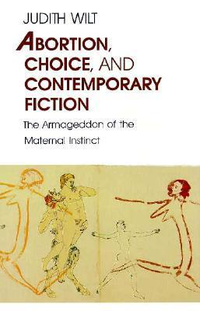
Summary
In recent years, public debate has raged over the issue of maternal choice. While personal testimony and political argument have received widespread attention, artistic representations of birth and abortion have been submerged. Judith Wilt offers the first look at how contemporary writers tell and retell the stories that shape our perceptions about abortion. She reveals that the struggle to plot these painful, complex narratives of choice, control, guilt, loss, and liberation has preoccupied an astonishing number of our most distinguished novelists, male and female alike. Readers of twentieth-century novels are more likely to encounter plots centered on maternal choice than those dealing with the more traditional problems of courtship and marriage.
In the opening of the book, Wilt discusses real case histories of several women. After studying the ambiguities of their decisions, she turns to their counterpoints depicted in contemporary fiction. Working from a feminist perspective, Wilt traces the theme of maternal choice in works by Margaret Atwood, Margaret Drabble, Joan Didion, Mary Gordon, Alice Walker, Toni Morrison, Gloria Naylor, Marge Piercy, Thomas Keneally, Graham Swift, Ernest Hemingway, William Faulkner, John Barth, John Irving, and others.
Behind the political, medical, and moral debates on abortion, Wilt argues, is a profound psychocultural shock at the recognition that maternity is passing from the domain of instinct to that of conscious choice. Although never wholly instinctual, maternity's potential capture by consciousness raises complex questions. The novels Wilt discusses portray worlds in which principles are endangered by sexual inequality, male power and hidden male fear of abandonment, impotence, female submission, and covert rage, and, in the case of black maternity, the hideous aftermath of slavery.
Wilt provides a resonant new context for debates—whether political or personal—on the issue of abortion and maternal choice. Ultimately she enables us to rethink how we shape our own identities and lives.
Similar Books
-
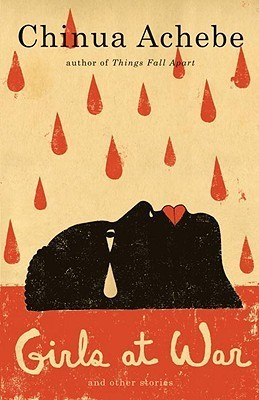 Girls at War and Other Stories
Girls at War and Other Storiesby Chinua Achebe
-
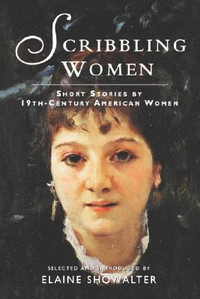 Scribbling Women: Short Stories by 19th-Century American Women
Scribbling Women: Short Stories by 19th-Century American Womenby Elaine Showalter
-
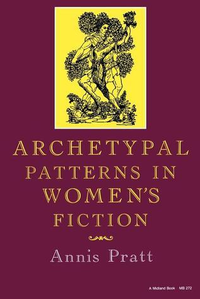 Archetypal Patterns in Women's Fiction
Archetypal Patterns in Women's Fictionby Annis Pratt
-
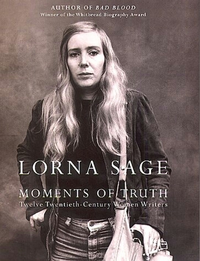 Moments of Truth: Twelve Twentieth-Century Women Writers
Moments of Truth: Twelve Twentieth-Century Women Writersby Lorna Sage
-
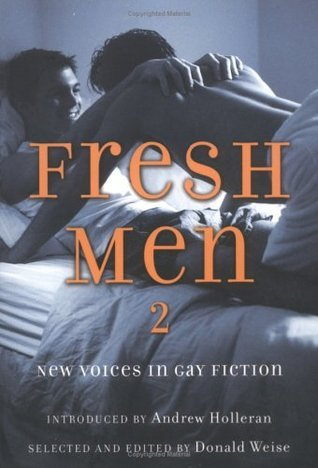 Fresh Men 2: New Voices in Gay Fiction (Fresh Men)
Fresh Men 2: New Voices in Gay Fiction (Fresh Men)by Donald Weise
-
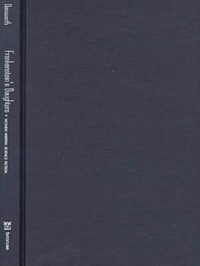 Frankenstein's Daughters: Women Writing Science Fiction
Frankenstein's Daughters: Women Writing Science Fictionby Utopian and Science Fiction by Women Jane L. Donawerth
-
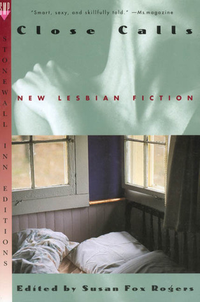 Close Calls: New Lesbian Fiction
Close Calls: New Lesbian Fictionby Susan Fox Rogers
-
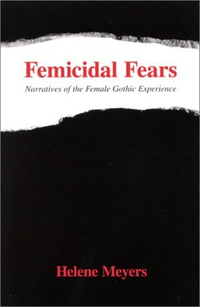 Femicidal Fears: Narratives of the Female Gothic Experience
Femicidal Fears: Narratives of the Female Gothic Experienceby Helene Meyers
-
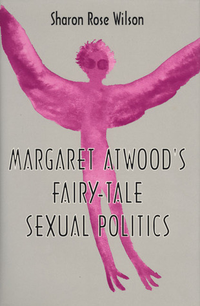 Margaret Atwood's Fairy-Tale Sexual Politics
Margaret Atwood's Fairy-Tale Sexual Politicsby Sharon Rose Wilson
-
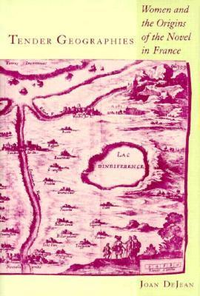
-
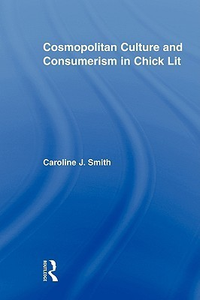 Cosmopolitan Culture and Consumerism in Chick Lit
Cosmopolitan Culture and Consumerism in Chick Litby Caroline J. Smith
-
 Utopian and Science Fiction by Women: Worlds of Difference
Utopian and Science Fiction by Women: Worlds of Differenceby Jane L. Donawerth
-
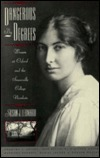 Dangerous by Degrees: Women at Oxford and the Somerville College Novelists
Dangerous by Degrees: Women at Oxford and the Somerville College Novelistsby Susan J. Leonardi
-
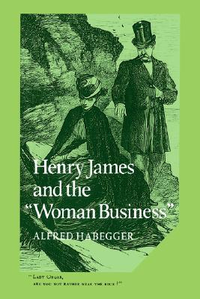 Henry James and the 'Woman Business'
Henry James and the 'Woman Business'by Alfred Habegger
-
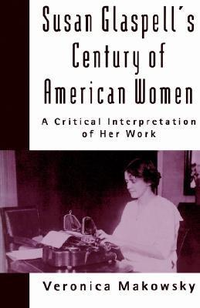 Susan Glaspell's Century of American Women: A Critical Interpretation of Her Work
Susan Glaspell's Century of American Women: A Critical Interpretation of Her Workby Veronica Makowsky
-
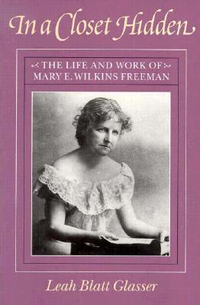 In a Closet Hidden
In a Closet Hiddenby Leah Blatt Glasser
-
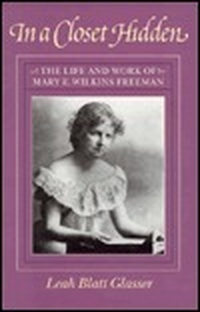 In a Closet Hidden: The Life and Work of Mary E. Wilkins Freeman
In a Closet Hidden: The Life and Work of Mary E. Wilkins Freemanby Leah Blatt Glasser
-
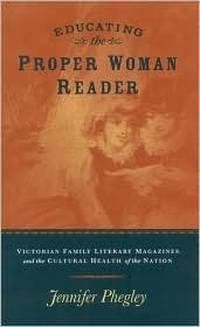
-
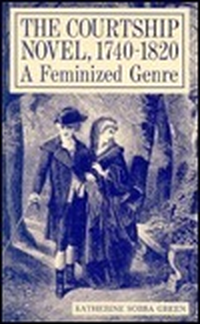 The Courtship Novel, 1740-1820: A Feminized Genre
The Courtship Novel, 1740-1820: A Feminized Genreby Katherine Sobba Green
-
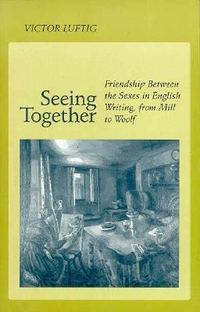
-
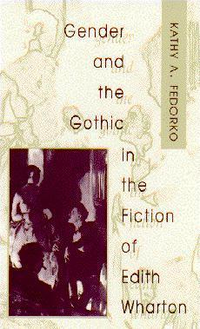 Gender and the Gothic in the Fiction of Edith Wharton
Gender and the Gothic in the Fiction of Edith Whartonby Kathy A. Fedorko
-
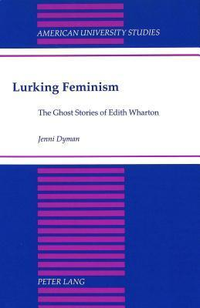 Lurking Feminism: The Ghost Stories of Edith Wharton
Lurking Feminism: The Ghost Stories of Edith Whartonby Jenni Dyman
-
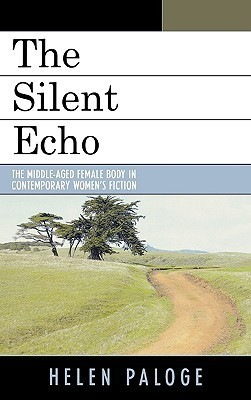
-
 The Senegalese Novel by Women: Through Their Own Eyes
The Senegalese Novel by Women: Through Their Own Eyesby Susan Stringer O'Keeffe
-
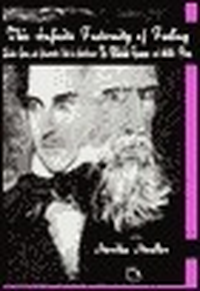
-
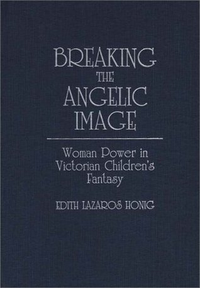 Breaking the Angelic Image: Woman Power in Victorian Children's Fantasy
Breaking the Angelic Image: Woman Power in Victorian Children's Fantasyby Edith Lazaros Honig
-
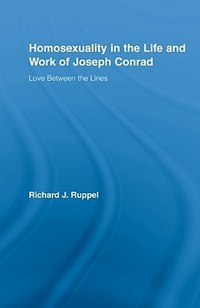 Homosexuality in the Life and Work of Joseph Conrad: Love Between the Lines
Homosexuality in the Life and Work of Joseph Conrad: Love Between the Linesby Richard J. Ruppel
-
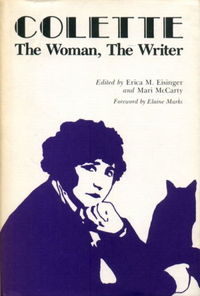 Colette: The Woman, the Writer
Colette: The Woman, the Writerby Eisinger
-
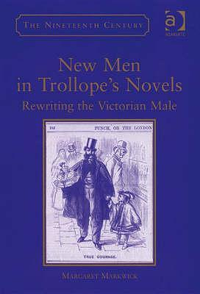 New Men in Trollope's Novels: Rewriting the Victorian Male
New Men in Trollope's Novels: Rewriting the Victorian Maleby Margaret Markwick